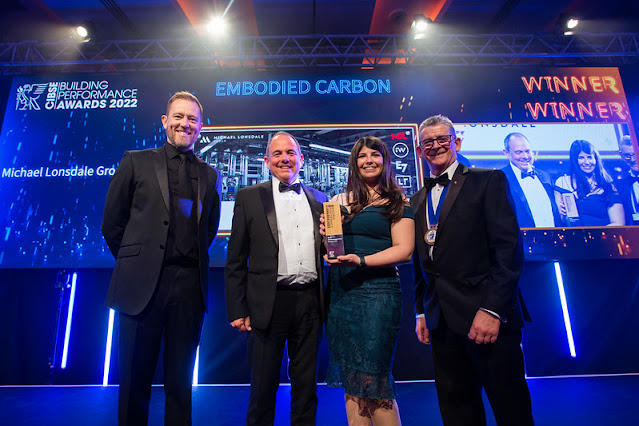A Career as a Sustainability Engineer
Sustainability Coordinator. In her spare time, she volunteers with the World Green Building Council and her university’s Solar Decathlon Team. Sundara serves as a Technical Officer with the CIBSE Young Engineers Network – UAE Region.
What do Sustainability Engineers do?
Typically, Sustainability Engineers work on ensuring that projects are in compliance with green building codes and the regulations that are mandated by different green building councils and local municipalities. This involves a fair bit of communication with project teams and undertaking different kinds of analysis and studies ranging from; shading analysis to thermal, energy performance, and carbon emission studies, as well as providing inputs on how to achieve target sustainability goals.
Tell us a typical challenge of your work.
The concept of green buildings has been around since the 1960s, however, the movement towards active implementation has progressed only in the last couple of decades. Though it has been proven in practice that green buildings have a higher return on investment over their lifetime, there still is a hesitation to make a capital investment on technologies and products that increase the overall efficiency and performance of buildings and communities. There has been a major shift in this attitude, however, with clients becoming increasingly aware of the need for better performing buildings and rapid decarbonisation in the built environment. Cooling and provision of potable water alone contributes to around 30-40% of a building’s energy consumption in the Gulf region, which means we as architects and engineers have a heavier role to play in actively reducing the carbon footprint of the construction industry.
Why did you choose this role?
With a background in architecture and a passion for sustainability, I wanted to leave a positive impact through my work. Working as a Sustainability Coordinator with AESG, allows me to positively contribute towards a better, high performing built environment. Also, it really is an exciting time to be in an industry that is actively undergoing disruption of traditional beliefs and methods of practice in design and construction, especially through digitisation and data analysis.
What degrees could be suitable for this industry?
Generally, we see a fair few Mechanical Engineers and Architects come in with the required skillset for working in a sustainability profession, but you could be anyone! Whether you come from a design, structures, mechanical, or business background; you do and will have an influence when it comes to contributing to a better built environment!
CIBSE Membership is free for full-time students and heavily discounted for those in part-time education
Join Now
- Unlimited downloads of guides, research papers and publications from the Knowledge Portal
- A monthly digital subscription to the CIBSE Journal
- Access to on-demand learning content including webinars, video presentations and live events.
- Be supported in your early career by the CIBSE Young Engineers Network (YEN)



.png)


Comments
Post a Comment